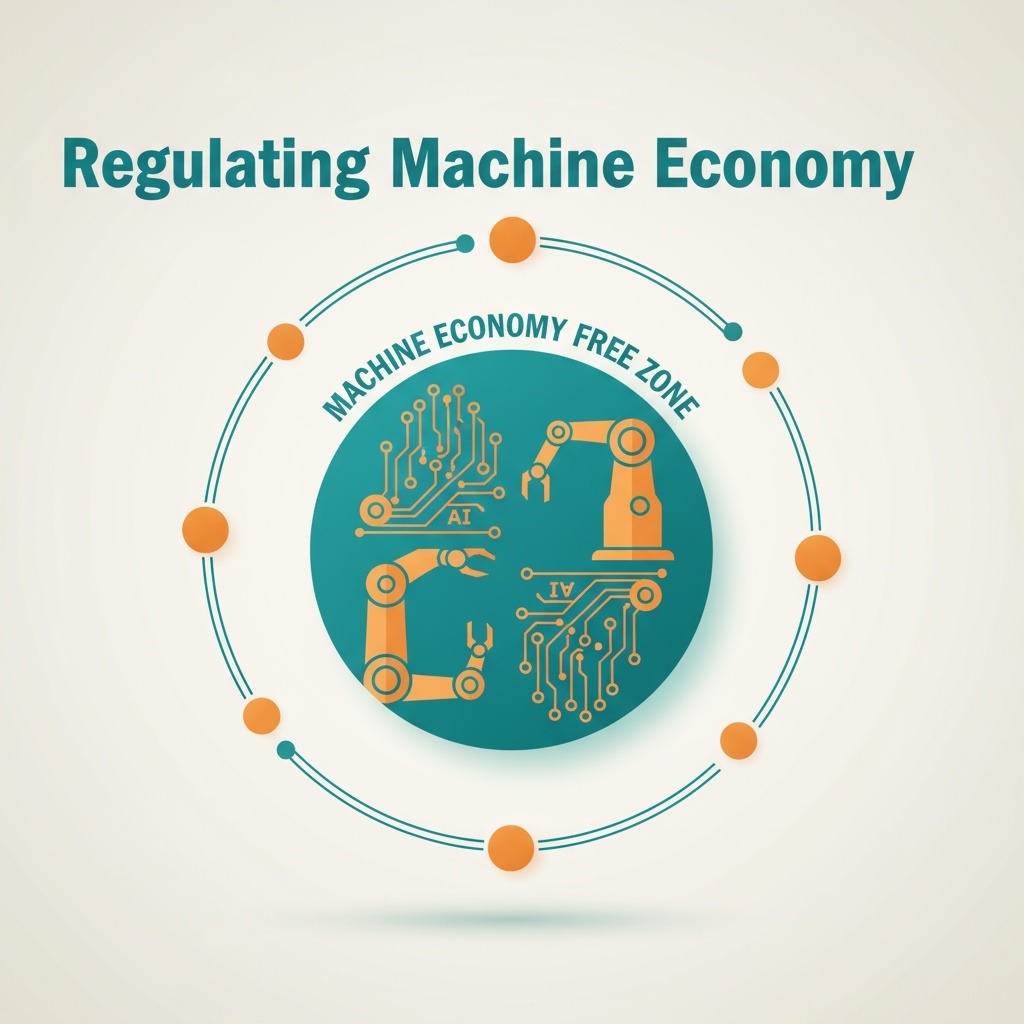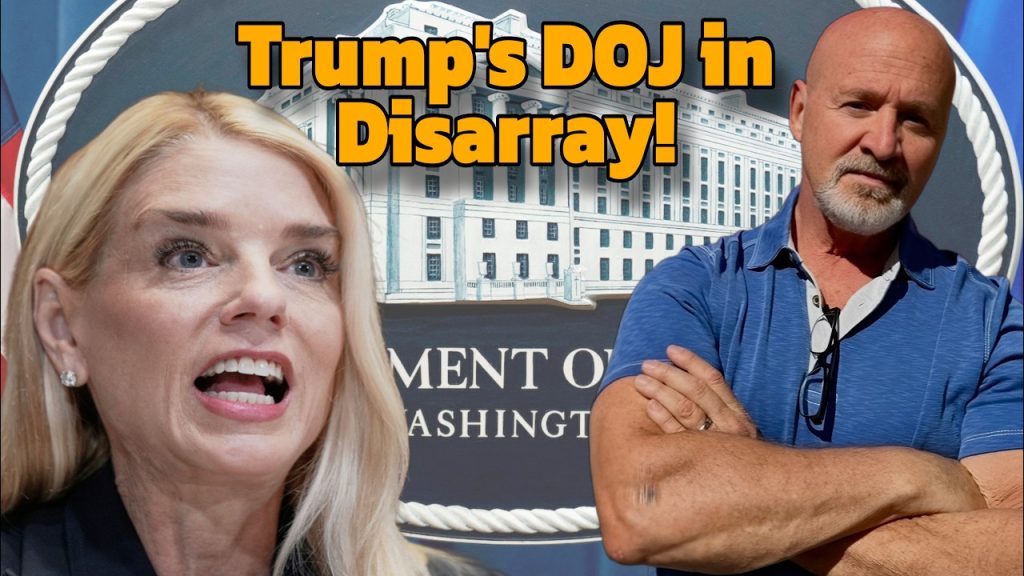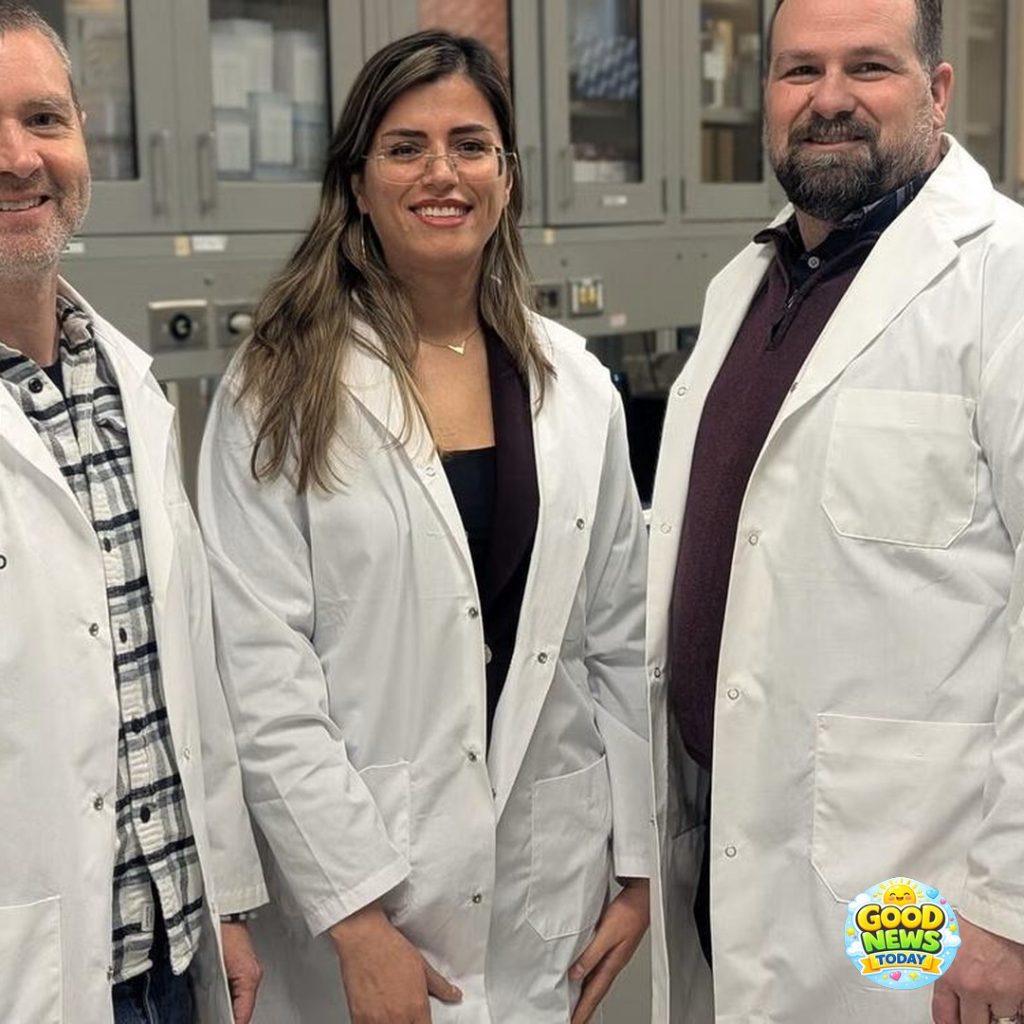Dubai’s Virtual Assets Regulatory Authority (VARA) has entered a strategic partnership with peaq, a decentralized physical infrastructure (DePIN) protocol, to establish regulatory standards for onchain robotics and tokenized machines. The collaboration was formalized through a memorandum of understanding (MoU) announced in late April, focusing on the development of a regulatory framework to govern the emerging machine economy in Dubai.
The agreement centers on peaq’s Machine Economy Free Zone, an innovative controlled environment launched in July designed to explore how robotics and artificial intelligence (AI) can operate within decentralized blockchain networks. This partnership aims to support projects navigating VARA’s licensing processes, foster joint educational programs on technology and regulatory compliance, and encourage data sharing to enhance regulatory research and oversight.
Max Thake, co-founder of peaq, emphasized that the collaboration represents a shared commitment to fostering a compliant “Machine Economy” that enables participants to build, engage with, and benefit from this novel economic sector where machines and devices can autonomously own assets, exchange data, and generate income through a layer-1 blockchain infrastructure.
Peaq serves as a foundational blockchain protocol for the machine economy, supporting tokenized real-world assets and DePIN frameworks. Meanwhile, VARA, established in 2022, is the primary regulatory body for Dubai’s virtual assets sector, responsible for licensing, compliance enforcement, and policymaking related to cryptocurrencies and digital assets.
This latest partnership follows VARA’s recent strategic collaboration with Dubai Multi Commodities Centre (DMCC), which aims to create regulations for tokenized commodities. According to VARA CEO Matthew White, these initiatives underscore Dubai’s ambition to set a global benchmark for the secure and sustainable growth of digital asset classes.
Since its inception in March 2022, VARA has played a key role in transforming Dubai and the broader United Arab Emirates (UAE) into one of the leading hubs for blockchain innovation and digital asset adoption. In May 2024, VARA updated its regulatory framework for virtual asset service providers (VASPs), clarifying the issuance and secondary market listing of real-world assets (RWAs).
Further strengthening the regional regulatory infrastructure, VARA recently partnered with the UAE’s Securities and Commodities Authority (SCA) to harmonize digital asset regulations across the emirates, making Dubai-based licenses valid nationwide. Additionally, the UAE joined the Multilateral Competent Authority Agreement under the Crypto-Asset Reporting Framework (CARF), set to enable automatic tax information exchanges on crypto assets by 2028.
Dubai’s proactive regulatory approach and innovation-friendly environment have contributed to a growing influx of high-net-worth crypto investors. Estimates suggest that nearly 9,800 wealthy individuals will relocate to the UAE by 2025, attracted by the emirate’s favorable policies and technological advancements. Industry experts, including Chase Ergen from DeFi Technologies, anticipate the crypto sector becoming the UAE’s second-largest industry within the next five years.
This collaboration between peaq and VARA highlights Dubai’s dedication to embracing the complexities of the machine economy and decentralized technologies, while ensuring regulatory compliance and sustainable growth in this emerging space.



